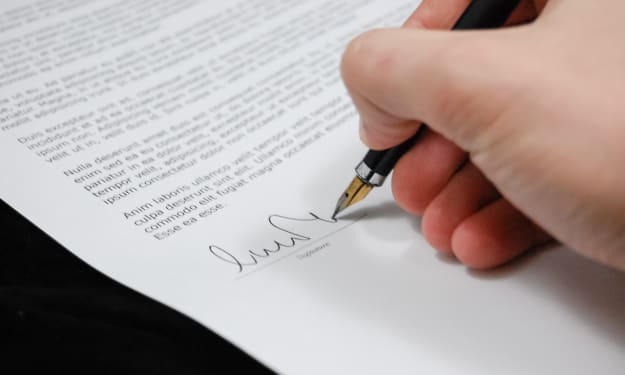Real Estate Legal Documents Explained
Buying a home involves a lot of paperwork and legal procedures

Planning to buy a home? You’re not alone.
A new study published by Apartments List found that 89% of millennials plan to purchase a home at some point in the future.
Because buying a home is one of the biggest financial investments you’ll ever make, it involves a lot of paperwork and legal procedures. That involves the seller, the authorities, and the bank if you’re planning to take a home loan.
As such, knowing the required documentation and the legal framework surrounding property selling is paramount. Among other things, it can help you identify scammers and know when and how to seek legal redress. In this post, we’ll explain the important real estate legal documents that you should know about.
1. Real Estate Purchase Agreement
Every home sale starts with a real estate purchase agreement—a legally binding contract signed by the home buyer and seller.
This contract contains the specifics of the purchase and the terms therein. Every aspect of the sale is covered—from the price to disclosures to the property address, legal descriptions, etc. The goal of this contract is to protect both parties and to ensure all expectations are clear.
2. Bill of Sale
A bill of sale is a legal document that details in writing the sale of goods or transfer of ownership from one person to another. It not only records the transfer of property but also confirms the evidence of a contract.
The document is commonly used to record the sale of vehicles, watercraft, aircraft, and motorbikes. However, a bill of sale can also be used to record the sale of personal properties like animals, furniture, TVs, real estate, etc.
Note that for real estate transactions, the bill of sale has to be notarized or witnessed for it to be effective. Because of the complexities of real estate transactions, you should not use a quitclaim bill of sale (used when the seller can’t guarantee ownership) as this will leave you with no legal recourse should problems arise in the future.
3. Real Estate Agent Agreement
If you plan to become a real estate agent, then you’ll want to know more about agency agreements. A real estate agent agreement is a contract between a real estate agent and the property seller that authorizes the agent to do certain things on behalf of the seller.
This agreement/contract provides details of what the agent will do for the seller, commission to be paid, how and when payment is to be made, contract duration, circumstances for termination of the contract, etc.
Real estate referral agreements are another category of contracts that are very common in the real estate agency world. This agreement involves two agents where a client is referred by an agent to use another agent in return for a referral fee, which is based on the eventual commission when the sale closes. Real estate referral fees vary anywhere from 10 – 50% but a typical fee is around 25% of the closing agent’s take-home commission.
4. Real Estate Buyer’s Agent Agreement
If you’re buying a home via an agent, you may have to sign a buyer’s agent agreement—a contract between you and the broker stating that you choose a specified real estate agent to represent you in buying a home.
This document defines your relationship with the agent and details the terms of the contract, including who pays the commission, the period of the agreement, circumstances for the termination of the services, etc.
A buyer’s agent agreement is legally binding and outlines the services the agent agreed to provide you with. As such, it can come in handy should disagreements with your agent arise after the deal is closed.
To Sum It Up
Having knowledge of all the required real estate documents and contracts can save you a lot of trouble in the future as well as make it easier for you to settle real estate transactions. The real estate field is notoriously complicated to handle without expert advice. It’s also important to have an attorney when drafting these documents to ensure compliance with your state’s requirements.






Comments
There are no comments for this story
Be the first to respond and start the conversation.